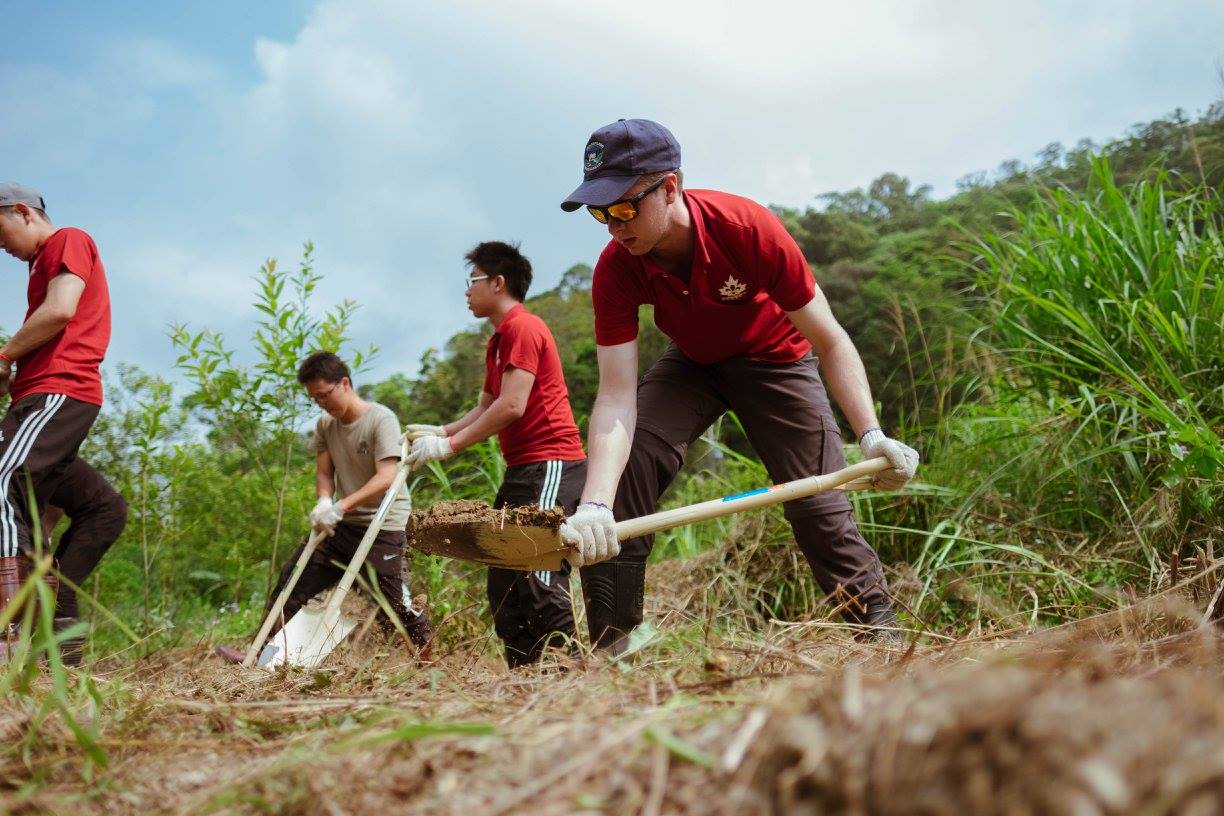By Dylan Book
In the 180th Pacific Coast Scout Group, we claim to develop leaders and managers by providing real world experiences and projects that teach us. This is a bit abstract, so we thought we might use a recent example to better illustrate this.
A real challenge our Crew has faced was the consistent execution of community service projects. We pride ourselves on our community service projects, like the OtherHalf StemCell initiative, Eastside Eats, and our 6 international service projects. However, we always aimed to do more projects – and to do them more consistently.
In the past 3 years we approached our community service projects with a standard business strategy. We created a department, led by a department head, and allotted a budget. A standard approach for addressing any project or endeavor. We went a step further and our department heads created annual and quarterly plans to guide their actions through the year.
But, our strategy just wasn’t working. We did not achieve the level of results we had planned for. This year we tried something different.
Drawing inspiration from a core part of traditional Scouting, our current President, Victor Chan, decided we would try a different approach to our community service projects. Rather than creating a standard department, we would break the Crew up into patrols: groups of 6-8 Rovers led by a Patrol Leader. Each patrol is asked to run 1 community service project in a year. Right now we have 6 patrols leaders, so if we’re successful we will run 6 community service projects this year – more than in any of the previous 3 years.
We learn by being flexible enough to try new approaches. We learn from our mistakes and we empower our Rovers to discover new solutions by coming up with new approaches for the same problems. Learning through experimenting is a critical piece of our Rover Crew’s program. Right now, we don’t know if splitting off into patrols will work, but it’s something we believe in. 2 months in and the signs are positive.

